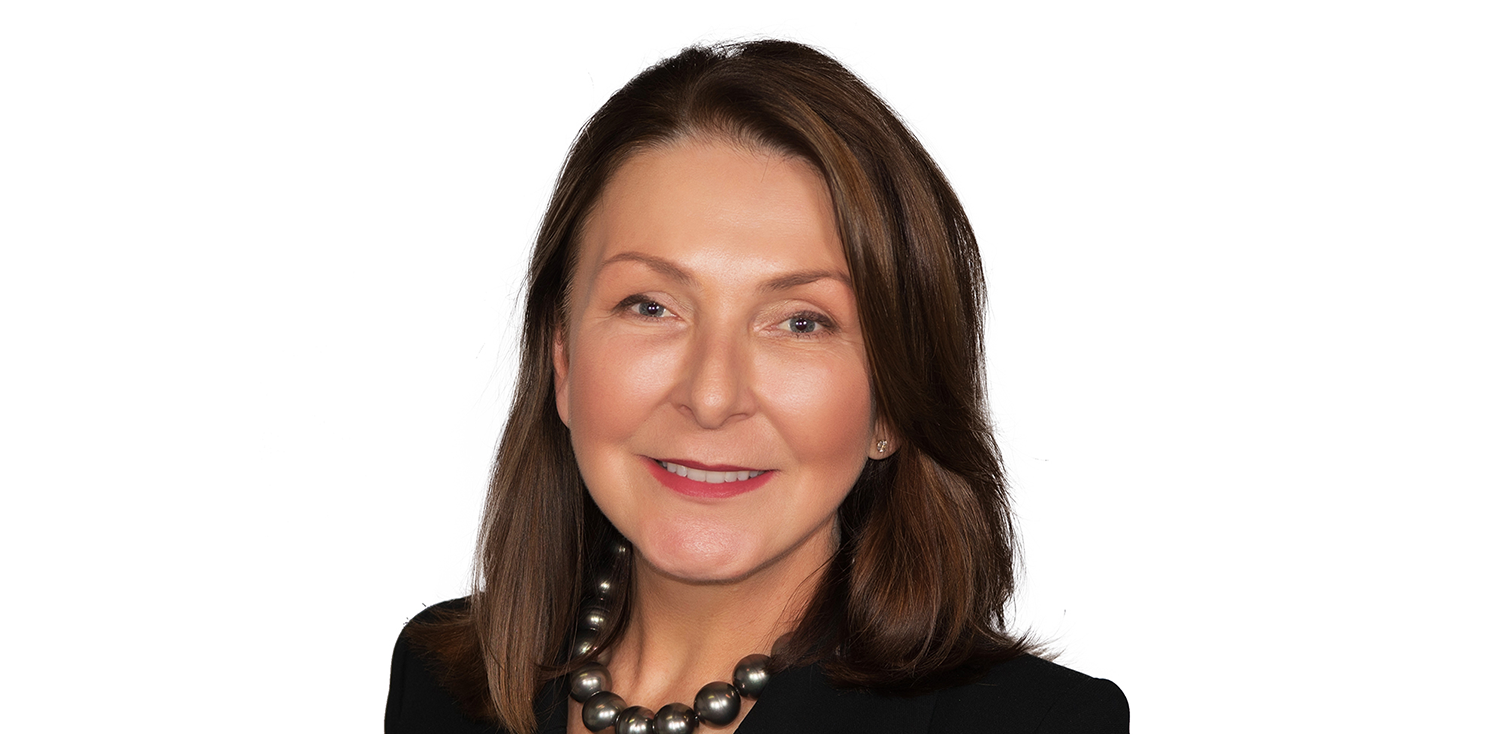Ann Messenger has enjoyed a varied and eventful career in a variety of influential positions. In this interview she reflects upon the toughest challenges facing managers and leaders today, and shares some of the lessons she has learnt.
By Jade Collins and Alanna Bastin-Byrne
Ann Messenger FIML is the Chair of the Board of the Institute of Managers and Leaders (IML). She is a chartered accountant and has enjoyed a varied global career, including six years working in Latin America as an equities analyst covering emerging markets.
Messenger worked in corporate finance and middle market advisory roles with professional services firms KPMG and HLB Mann Judd and later secured in-house roles such as Chief Financial Officer and Chief Operating Officer with a variety of organisations including the Sydney Chamber of Commerce. Messenger has a strong interest in not-for-profits. During 2009 and 2010, she was the General Manager of St John’s College (within the University of Sydney) and in 2011 was appointed to Mosman Council’s Development Assessment Panel.
Messenger led the strategic rebrand of the Australian Institute of Management Group (AIM) to the Institute of Managers and Leaders to refocus the organisation’s purpose on setting and promoting the national standard of management and leadership competence. As part of this change, IML is the only assessing body outside of the UK offering the internationally recognised Chartered Manager (CMgr) qualification.
You are the first national Chair of the Institute of Managers and Leaders and originally joined as a student member of AIM in the 1980`s. Tell us about your long association with the organisation and how it has influenced and supported your leadership journey.
When I joined in the 1980s, management was a relatively new discipline and AIM was at the forefront of what was at that time the burgeoning field of management education and training. Since then, management education and training has become ubiquitous and IML has morphed into what it is today, the go-to professional body for managers and leaders.
IML has always had a sense of fraternity and as a young management professional there was a great sense of support in meeting others who were effectively in the same boat, not to mention a veritable gold mine of mentors who were always incredibly generous with their time and eager to help. Because IML has always been a completely independent non-aligned not-for-profit organisation, it occupies a unique position in being able to provide a nurturing forum for the profession.
What do you believe are the most pressing challenges leaders and managers face today?
The need for leaders and managers to constantly learn, adapt and change has never been greater. Nothing is static and with information at everybody’s fingertips there’s a constant expectation that we must keep up or be left behind. This is incredibly challenging and exciting but, of course, our reliance on non-curated and unverified data presents risks (and sometimes even fake news!). Seriously, though, this is where professional bodies like IML come into their own in providing sounding boards and support networks of like-minded people with whom we’re not in direct competition in a workplace.
IML has long advocated gender equality and diversity in leadership. What can organisations do to accelerate achieving leadership diversity and a culture of inclusion?
As leaders we can try to understand and appreciate that we are employing the “whole person”, not just the “professional part”. The good news is that by adopting a more holistic view of the individuals who make up our workforce – a culture of acceptance and inclusion follows. Leaders of organisations that do that are inherently promoting diversity and inclusion and, by the way, achieving much higher returns on their human resource investment.
Leaders can also dispel the myth that employees are somehow almost robotic, one dimensional units of production and accept that work is a means to an end for all but the saddest of the workaholics among us. In doing so, we bring some humanity, acceptance and inclusion into our workplaces.
As an experienced director, what would you recommend as the best preparation to those who are considering pursuing board roles?
There are a million and one sage and sobering accounts of boardroom activities, the most colourful of which unfortunately exist in court reports. Gaining an understanding of corporate governance is absolutely critical. Although experience within the boardroom via executive roles provides valuable insights, a director’s perspective is and must be entirely different. Governance is key.
What has been your greatest challenge?
There have been so many challenges. One that’s front of mind for me right now is accepting that sometimes things just have to play out and, as a leader, there are times when you just have to allow that to happen. The learnings and evolution that result for all concerned sometimes just have to come from the actual experience.
What are you most proud of?
In my role as Chair of IML, it’s got to be the rebrand and reinvention of the organisation. That is, of course, still happening. It’s been incredibly rewarding to watch the reaction to this fresh new brand.
What’s your one piece of advice for future female leaders?
I’m going to steal from Eleanor Roosevelt here. She once said something along the lines of: “Do what you know in your heart is the right thing to do because you’ll be criticised anyway!”
I guess that’s another way of saying believe in yourself and see it through – but I’d caveat that by saying, always…always listen to those who you know have your best interests at heart…and then do what you think is right!
As leaders we can try to understand and appreciate that we are employing the “whole person”, not just the “professional part”.



